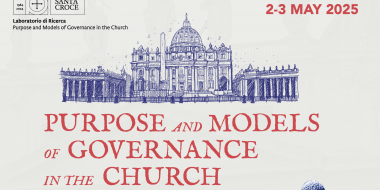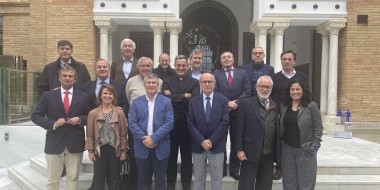Mission and Vision
The research project themes concern the purpose, exercise, and control of governance within the Church, and they develop around issues related to all areas where such power is exercised. Indicatively, following the categories outlined by the Second Vatican Council, we can mention some aspects:
- In the realm of the *munus docendi*, the issues relate to the oversight of doctrinal fidelity and the role of episcopal conferences in defining the Magisterium.
- In the realm of the *munus sanctificandi*, the issues concern admission to the sacraments, as well as the prevention and sanctioning of liturgical abuses.
- In the realm of the *munus regendi*, the issues are numerous. On one hand, there are questions related to the relationships between episcopal governance and other instances of power within the Church at the diocesan, provincial, national, and universal levels. Additionally, there are questions related to the selection and appointment of bishops, their removal, the penal deprivation of their office, the supervision by ecclesiastical authority (canonical visitations, policies for preventing clerical abuse, protection of personal data), and their accountability.

The aim of the research
The current redefinition of the concept of ‘synodality’, the tensions between the ‘center’ and the ‘periphery’, which have always been present in the history of the Church, but are particularly revived today, and the issues of good governance, control of power and the responsibility of those who exercise it in the Church, have clearly become important topics for reflection. Another major challenge of the project, which makes it so timely, is to characterize the nature of power in the Church. Its exercise in the Church has traditionally been linked to the power of order, to put it very simply and quickly.
Today, the diversification of government tasks and the professionalization of these tasks, linked in some parts of the world to the shortage of clerics, has prompted a rethinking of the role of the laity in power structures.
- On what basis can or could they exercise certain powers of governance?
- Which ones?
- With what eligibility criteria?






